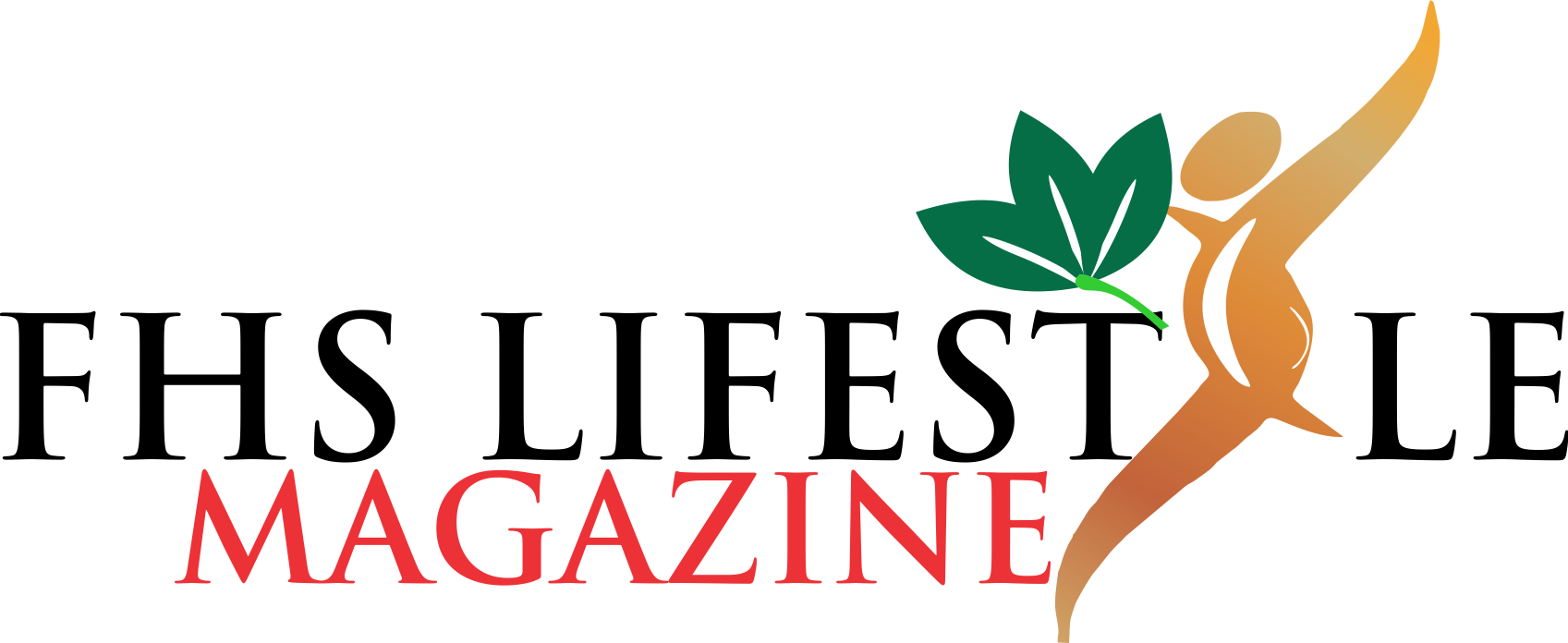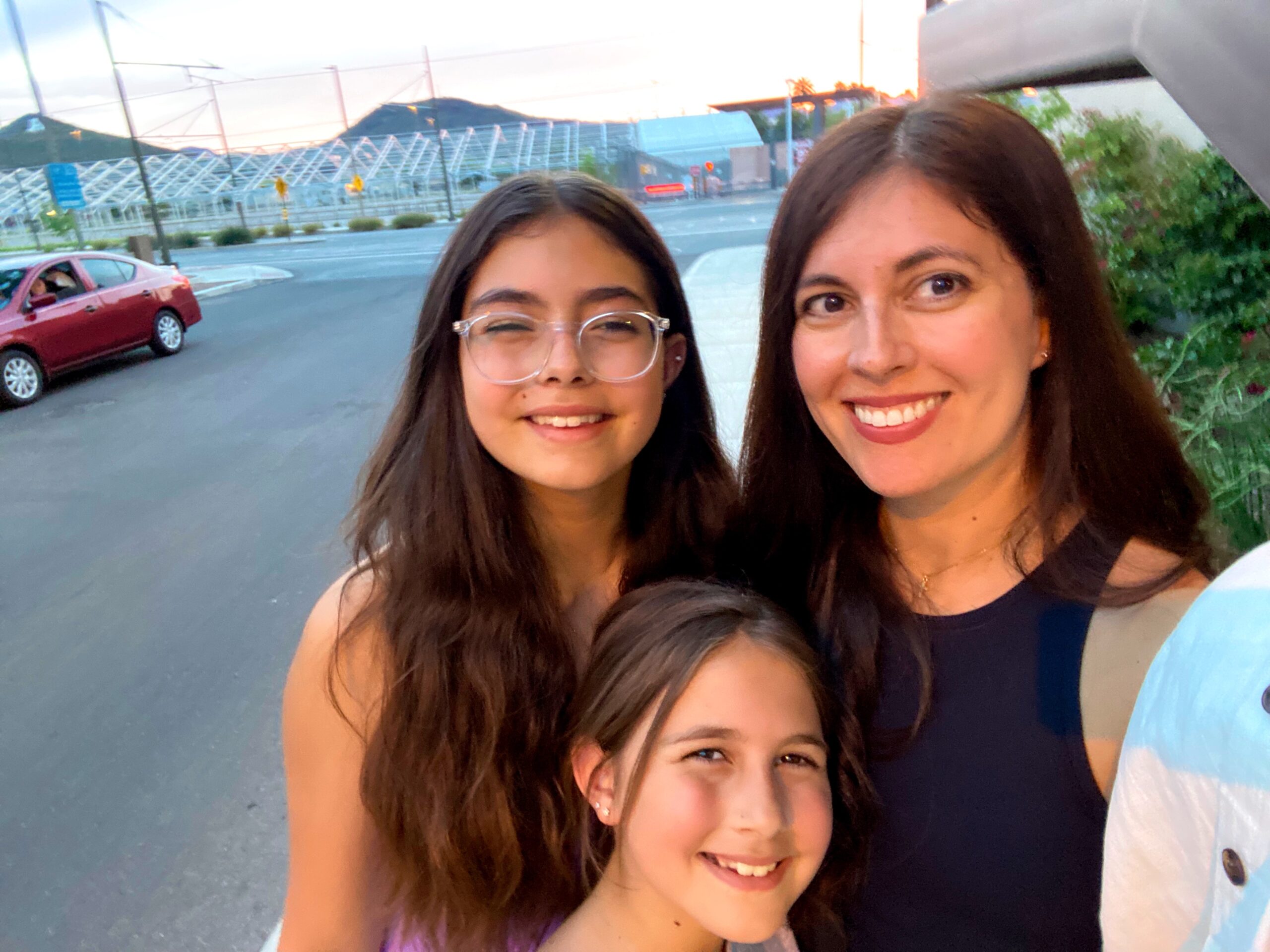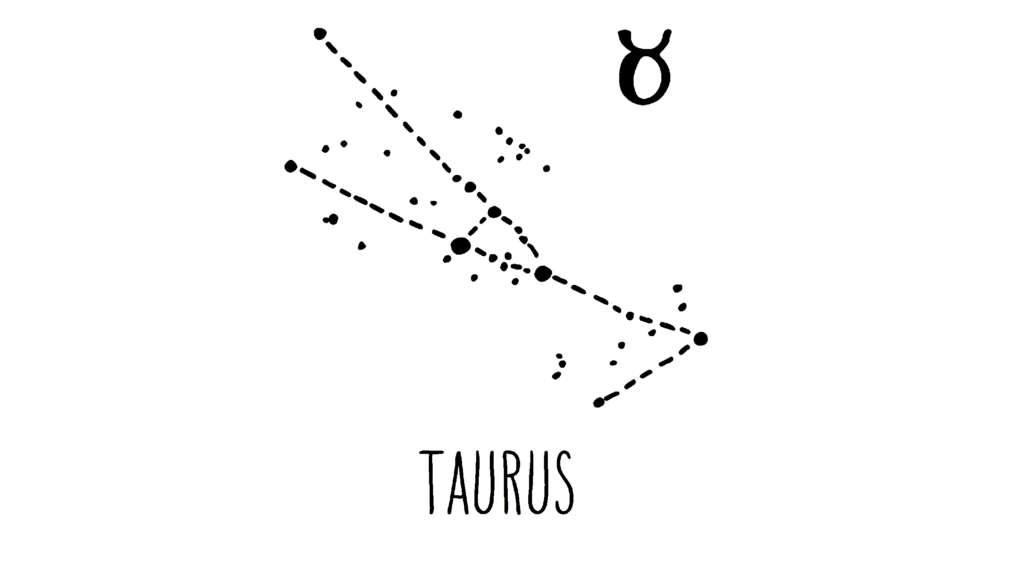Pledge under a tree
Travelling to Jordan soon after the beginning of the Israeli onslaught on Gaza, Belgium-based artist Samah Hijawi witnesses Palestinian people’s fear, anger, guilt and confusion. Reflections on proximity and positionality at a moment of intense crisis.
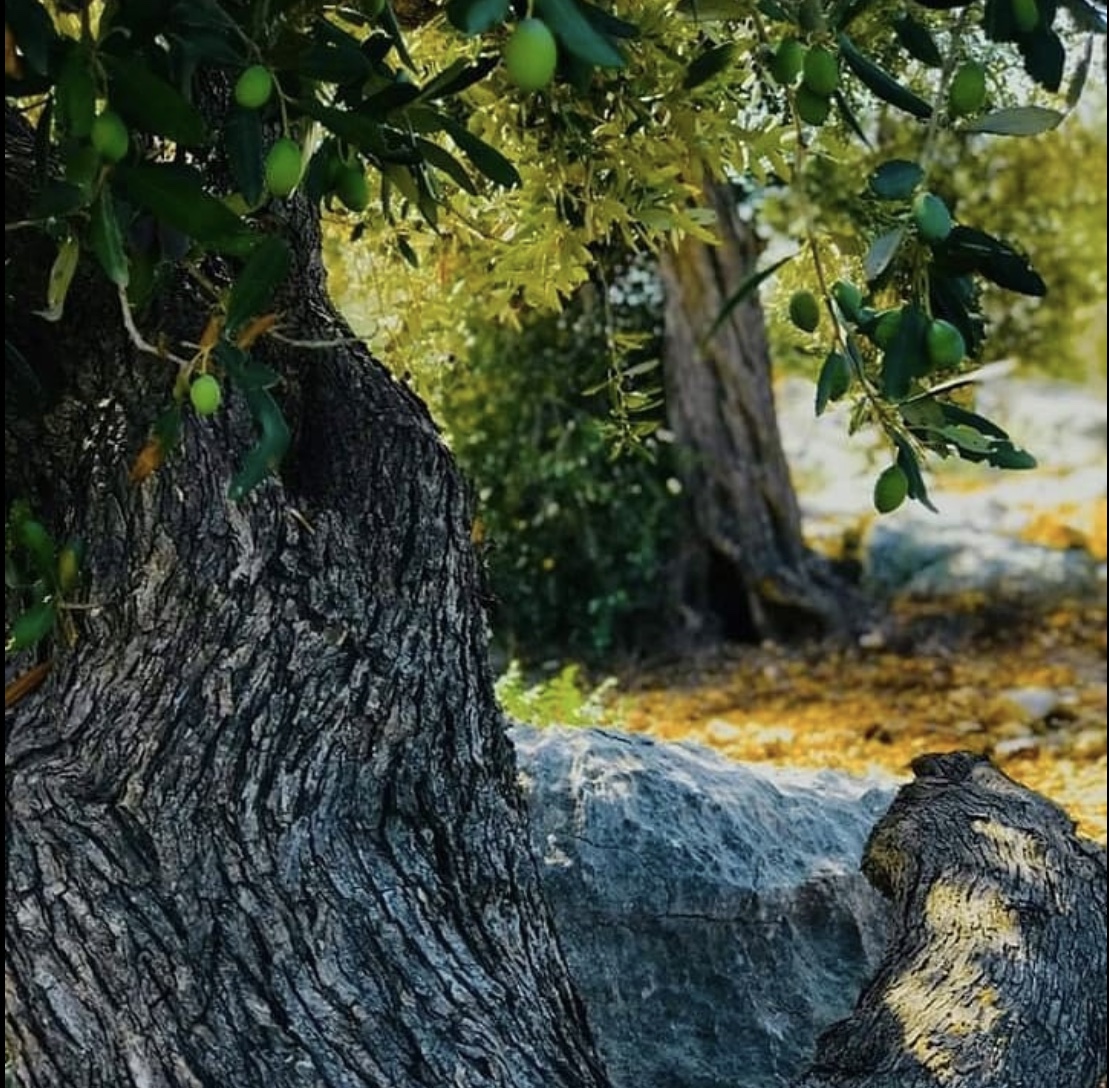
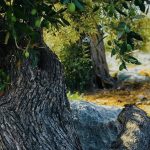
We Teach Life
Today, my body was a TV’d massacre.
Today, my body was a TV’d massacre that had to fit into
sound-bites and word limits.
Today, my body was a TV’d massacre that had to fit into
sound-bites and word limits filled enough with statistics to
counter measured response.
And I perfected my English and I learned my UN
resolutions.
But still, he asked me, Ms. Ziadah, don’t you think that
everything would be resolved if you would just stop
teaching so much hatred to your children?
I look inside of me for strength to be patient but patience is
not at the tip of my tongue as the bombs drop over Gaza.
Patience has just escaped me.
We teach life, sir.
Rafeef, remember to smile.
We teach life, sir.
We Palestinians teach life after they have occupied the last
sky.
We teach life after they have built their settlements and
apartheid walls, after the last skies.
We teach life, sir.
These words from a poem by Palestinian-Canadian artist and activist Rafeef Ziadah always come to my mind when surges of violence in Palestine mobilise people around the world to protest against Israel’s violence. We Teach Life, first performed in London in November 2011, immediately went viral and it continued to reappear on social media in the years to follow.
It is now, as I write, November 2023 and I cannot seem to find the concentration to complete an overdue essay, while I watch Gaza being flattened and its people torn to pieces, again. I am trying to think how I could direct my frustration and anger to find an honest expression in relation to the events we are witnessing and experiencing. People I know ask me how I am feeling, and I respond: how are we all feeling? This is not about the Palestinians; this is about us, who all face the ethical bankruptcy and failure of governments.
My reflections stem from a short but intense trip from Belgium to Jordan, undertaken to be close with my family and friends between 26 October and 2 November 2023. The conversations I had with them that week (almost always around the table sharing food) reminded me of discussions I had with my friends in 2003, when the Unites States of America and its allies waged war on Iraq. For a long time, I regretted not having recorded these conversations, which went on for hours and months.
We all were in our late twenties then. The discussions were sharp, lucid and critical: we deconstructed the geopolitical games that cost millions of lives, poisoned landscapes for generations to come, created massive displacement, and drove people’s disenchantment and anger into darker pockets of the mind.
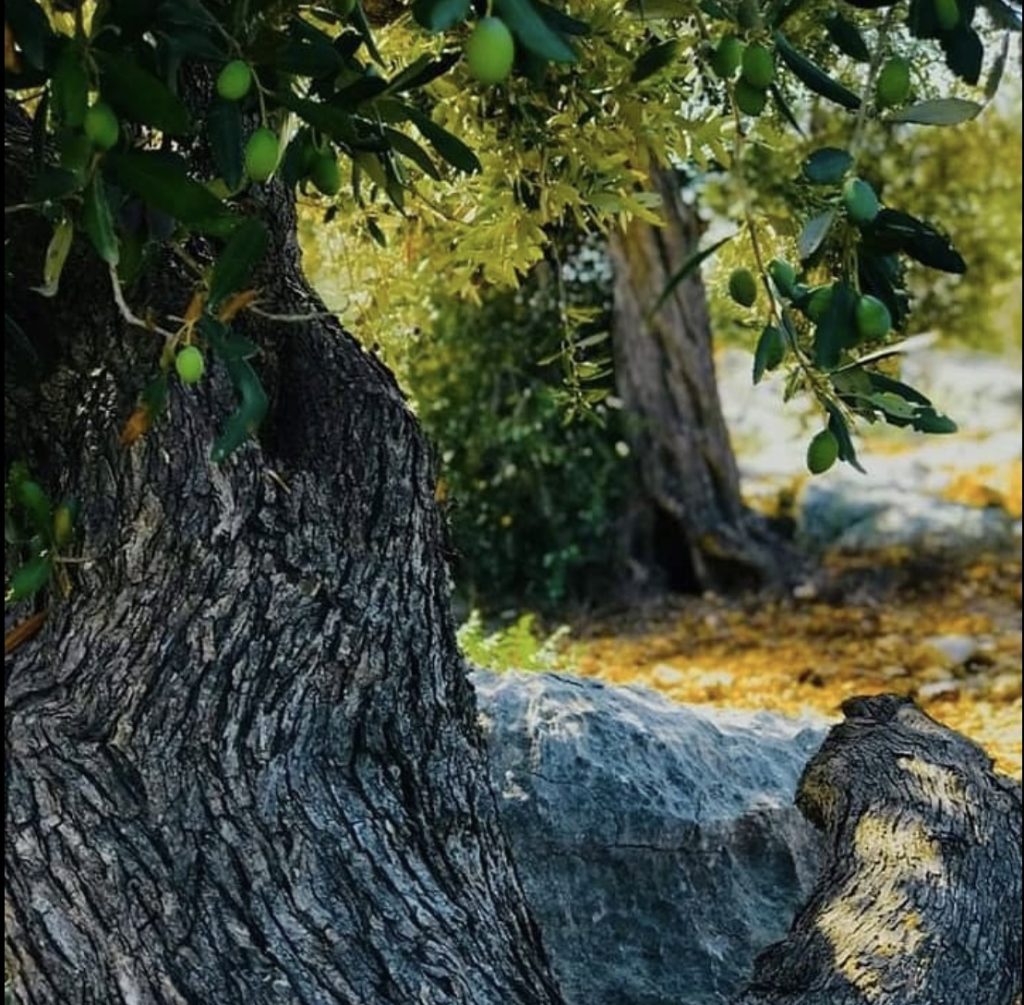
Author مريم ثلجي البربراوي Source: Wikimedia Commons
This time, however, I decided to capture my intimate encounters with friends and family in writing. I hope my personal reflections contribute in some way to counter the disgusting political discourse of world leaders – specifically of north-western countries, who I hope by supporting the colonial Zionist project in Israel are digging their own graves.
As soon as I landed in Amman on 26 October, I felt that the geographic proximity to Palestine (reachable in less than an hour’s drive from the airport to the border crossing of the Allenby Bridge) changed something in my body. I became acutely aware of a physical fragility, and since then, a subtle but strong fear mixed with rage has been vibrating in me. Like everyone else around me, I find that thinking straight and concentrating has been challenging, to say the least. When the Israeli occupation initiated a blackout by cutting electricity and communication on 27 October, the situation became even more chilling.
That evening my parents and I woke up in the middle of the night in angst. We watched Al Jazeera Live. We could not see any developments, only a black screen, and a city in the dark that periodically lit up as the bombs dropped from the sky to take more lives. It was not the first time my parents had watched the late-night news since the events of 7 October 2023. In their helpless frustration of not being able to do anything meaningful, they try to at least be there in spirit by following the news, hoping their love, fear, frustration, anger and dedication will in some way console our extended families in Palestine.
My mother Leila was displaced from Yaffa with her entire family when she was a baby. She spent her whole life and all her energy and resources to support displaced Palestinians. She complained that her whole body was vibrating with nervous electricity (mkahrab), and that her sleep had been interrupted with jolts of worry for the last three weeks, forcing her out of bed in the middle of the night and back in front of the TV. My father Saad explained that it can be difficult to watch Al Jazeera Live, because you don’t know beforehand who the rescue workers on TV will pull out of the rubble. Will it be a person’s burnt and dismembered body, or a child shaking uncontrollably from shock and fear, sobbing the name of a lost sibling/father/mother? It’s all haunting and debilitating.
The next morning the doorbell rang. I heard a warm chatter and found my parents talking with El-Sheikh Adnan, who guides my mother and her friend Lubna Rsheid to Palestinian families in what is known as the Gaza camp in northern Jordan. The generous-looking man had brought a large box of fresh farm eggs as a gift to celebrate the completion of my PhD. My parents asked about the condition of his extended family in Gaza. ‘We lost 23 members of our family’, he says.
Had my parents in their late-night vigil the evening before witnessed the bomb that struck his family? El-Sheikh Adnan puts his hand on my father’s shoulder to comfort him, and with a resilient smile on his face he says: ‘don’t worry about our families in Gaza, they are the real men. They comfort us, tell us they are okay. They tell us not to worry about them, they are well and in good spirits. They have everything they need, even if they have lost children, siblings, friends, and their homes. They have each other, and they have adopted the children who lost their own parents.’
Caught between these words and the sounds of sirens and the screams on the news, I am confused. I hear this all the time, that the families of friends living in Gaza say they are okay. I suppose it is harder for people living predictable lives to understand the state of mind of those living in such frightening circumstances. Do they transgress beyond fear and ‘deliver their fate to God’ as we say in Arabic?
In such emotionally high-strung times and in face of such extreme violence and injustice, there is undoubtedly a deep sense of guilt because ‘you feel that your happiness is a betrayal … your comfort, a betrayal … the roof over your head is a betrayal … and your food and drink are a betrayal … and your family and children are a betrayal … you are embarrassed to be happy lest it betrays their sadness. In your crippling incapacity you want to excuse yourself for being alive …’ (Quote circulating on social media, received on 18 October 2023.)
Most of the discussions I had during that week were about whether and how this moment in the long history of Palestinian resistance against settler colonialism and its tactics of oppression was different from before. I ask my friend Ola, a sound artist, what she thinks of the continuous worldwide protests, and if their magnitude and persistence could be proof that something different might come out of this. She responds by asking if I recall the massive protests that took place before the USA invaded Iraq in 2003. And after a short silence, and with a quieter tone she continues: ‘What did that change? But these protests are the largest since Vietnam,’ I return hopefully. She responds: ‘I don’t know.’
It feels like everyone has been holding their breath from the very beginning, since the retaliation launched by the military faction of Hamas, Izz ad-Din al-Qassām Brigades, on the occupied Palestinian villages and illegal settlements around Gaza on 7 October 2023. Oscillating between hope and fear, everybody watched how one of the most powerful and sophisticated armies in the world was taken by surprise.
However, familiar with the brutal tactics of the colonising forces, everyone knew the retaliation would come down the hardest on the people living in Gaza, and that those living in historical Palestine would also be collectively punished. And we anticipated that everywhere around the world their families (whether related through blood lines or in spirit) would be silenced by so-called ‘civilised’ nations – the forefathers of violent oppressions, coloniality and racism.
But despite the media fog and AI/AR-generated lies of videos and images that try to sell a story of victimhood that legitimises Israeli occupation and violence, the protests around the world haven’t stopped. ‘Palestine’ no longer refers exclusively to a nation, but stands for all the colonised, all the oppressed, all the brutalised and villainised. People around the world – tired as they may be from the gruelling pressures of life under late capitalism – continue to push back against governments that no longer function as a representative of their people.
One evening I invited a group of friends and family for dinner. Being together helps: at least we can grumble to each other. Me and my sister Majd, a film producer and actress, were huddled on the terrace with Kariman, a history teacher at Al Ahlia School in Amman, and Ani Sakkab, a filmmaker and photographer. Kariman takes an urgent drag from her e-cigarette as she sarcastically says: ‘I studied archaeology and have been teaching ancient history of the Islamic world for over fifteen years, and I had to look up who the f*** the Amalekites were!’
I had missed the most recent racist remark, but quickly understood that, in another attempt to justify Israel’s genocide of the native Palestinian people, Minister of Defence Yoav Gallant pulled out a quote from the Old Testament, to prove that in God’s name they can kill ‘these human animals’. ‘You must remember what Amalek did to you, says our Holy Bible,’ Gallant stated, referring to the Book of Samuel, chapter 5, verse 3: Now go and smite Amalek, utterly destroy all that they have, and spare them not; but kill both man and woman, infant, ox and sheep, camel and donkey.’
The discussion for us revolved around the difference between Zionism as a political movement that paved the way for forming a state for the Jewish people in Palestine, and Judaism as a spiritual belief. I emphasised that Jews were our grandparents’ neighbours, who shared food and celebrated each other’s holy days, until the Zionist, western-backed project ruptured the social and cultural fabric of our people. In support of this perspective, I cited the documentary Remember Baghdad (2017) by director Fiona Murphy, which I had recently watched.
It tells the story of the abrupt departure of the Jewish people from Baghdad (and other countries in the Arab and Central Asian world) in the 1940s through the eyes of an Iraqi Jew, now a citizen of the UK. The film reveals Iraqis suddenly turning against their Jewish neighbours and shows how this was part of a strategy orchestrated by Zionist organisations to scare Jewish communities in Iraq, urging them to leave their ancestral communities and homelands. This was framed by Zionists as a rescue operation: these seemingly ostracised Jewish communities were ‘saved’, and buses were organised to ‘return’ them to their ‘promised land’ in Israel, where they were welcomed in the already furnished living rooms of stolen Palestinian homes in Palestine.
I made a plea to my friends that we need to insist that the formation of the State of Israel also caused a violent rupture in the religious diversity of our societies. People following the Jewish faith were always a part of the larger social fabric of nations across Central Asia and North Africa.
Ali, my brother-in-law, says: ‘we are tired of having to defend ourselves’. (What he means by this is: citing the same old numbers of the dead, the wounded, those jailed for crimes they did not commit, who are without equal rights to citizenship, unable to resist what is essentially a colonial apartheid state.) What language, and what tone can we adopt for speaking back to the ongoing mechanisms of colonial rule without falling into the position of victim or villain who has to prove their innocence? How even respond to dumbing and reductive comments, such as the one Hilary Clinton made on 29 October: ‘people who call for a ceasefire do not know Hamas’. My friend Rula Warde, a yoga teacher and activist, says that we cannot but stand with Hamas, as they are the only ones who have successfully confronted the occupying forces.
The morning before my flight back from Amman to Brussels, I am chatting with my father over our morning coffee, when he tells me about a discussion with his friends over dinner the evening before, whether it was possible to truly support Hamas. They would struggle to accept Hamas’s religious and political ideologies, my father said. I found this resonated with a number of similar conversations that I’d had since my arrival in Amman. It had started, for instance, in the first few minutes of my car ride with my sister Majd, when she picked me up from the airport. She was jokingly saying how confused everyone was, and if we should actually believe that ‘Islam is the solution’, as a tool to resist colonial oppression, as is stated in religious circles.
Her comment gave me a different perspective on how people’s sentiments on the matter were changing: due to the lack of political agency of both the Palestinian authority as well as other Arab countries, people were starting to be more supportive of Hamas. Kariman had contextualised this lucidly over lunch a few days earlier, namely that the leftist, socialist, and communist ideologies from which resistance began in Palestine in the 1950s (joining in with Chile, Cuba, Algeria, South Africa, Taiwan etc.) fell on its knees to neoliberalism and capitalism in the early 1990s.
In the wake of the political shift that resulted in the fall of the Soviet bloc, a rightwing political religious movement grew all over the world. We now see how this new direction has contributed to polarising people according to their religion, ultimately pitting Christians and Jews against Muslims. Regardless of how my family and my friends feel about or identify with the Islamic belief system, we find ourselves falling silent, listening intently to the eloquent critical speeches of Abu Ubayda (the spokesperson of Al-Qassam Brigades), Hassan Nasrallah’s (of Hizbul ‘llah) or Ebrahim Raisis’ (the President of Iran). I ask my parents in irritation: are these people – who, we know all too well, are willing to kill their own people as brutally as the colonising forces in Palestine – the only ones who represent us?
We all watched Al Jazeera journalist Wa’el Dahdouh with his hand on the chest of his deceased son repeating as he held back his tears: innā lillāhi, wa innā ilayhi raji’oon (‘we are for God, and to him we return’). And the video of Khaled Nabhanholding the body of his three-year old granddaughter Reem, kissing her, trying to open her eyes, teasing her to wake up, saying about her that she is rōh il rōh (‘soul of my soul’). It is hard for anyone outside of Gaza – living a predictable life in which tomorrow and next month are a foreseeable futures – to understand what it means to let go of all expectations.
So indeed, as Rafeef Ziadah put it, we teach life, sir. In a world that is crumbling under the heavy weight of late capitalism, upheld by politicians and leaders of powerful countries, the Palestinian cause is teaching us that all is interconnected. As protests continue around the world, I hold onto the optimistic words of the great John Berger, who in a short piece from 1968, wrote: ‘The truth is that mass demonstrations are rehearsals for revolution: not strategic or even tactical ones, but rehearsals of revolutionary awareness.’
As I am adding my final edits to these reflections, South Africa has launched a case against Israel in the International Court of Justice in The Hague. What is poetically beautiful here is that the people who were colonised by the Dutch for 150 years came all the way from South Africa to the Netherlands to teach (the colonisers) how to spell the word GENOCIDE. We are witnessing a historical moment and hopefully the beginning of the end of this oppressive system that has left people struggling all over the world to finally live in dignity and equality, free to denounce injustice when they see it.
My favourite phrase to support Palestine, is ‘nobody is free until Palestine is free’. To the tiny boy’s shaking body on the hospital bed in Gaza, and to the mother who shouts at us on our social media platforms: ‘we will not leave our homes … we know that our freedom will cost us our lives’ – we have a pact to make. We owe it to ourselves and to all the people who are colonised in one way or another to put aside time, money, space and intellectual resources, and to make ethical, economic, cultural and political choices; to push back against war-hungry governments who would prefer we ‘trust them’ – as we go about our busy and stressful lives – to let them ‘do the work’.
‘Pledge under a tree’ is the title for a series of articles, reflections, and talks Samah Hijawi is working on since the events of 7 October 2023 in Gaza, Palestine. The title is taken from an artwork by the late Palestinian artist Ismael Shammout, that depicts a couple, sitting on the ground under a tree. Many artistic works by Palestinian artists from the periods of the 1970s and 1980s were not representational or abstract, but carried a temporality, a latent energy that embodies the insistence of the Palestinian people to fight for justice.
